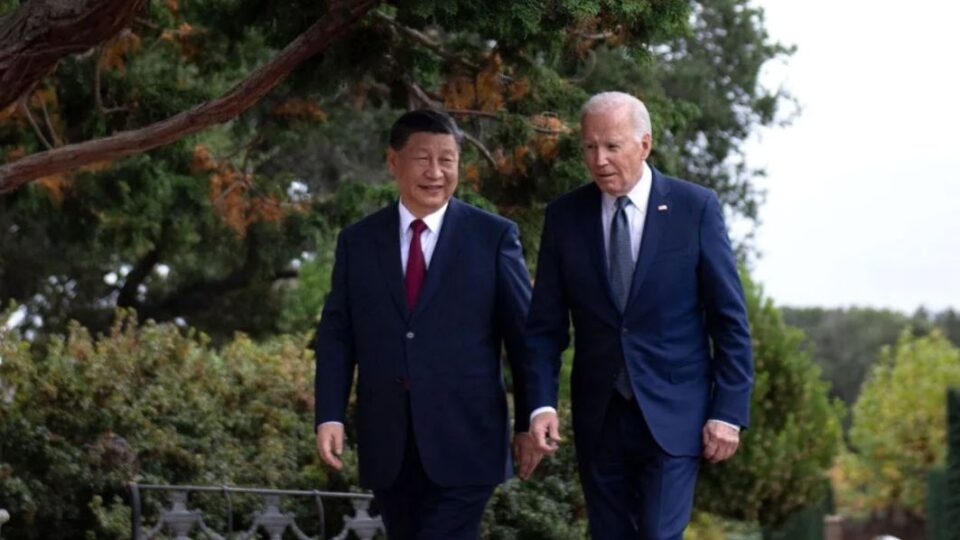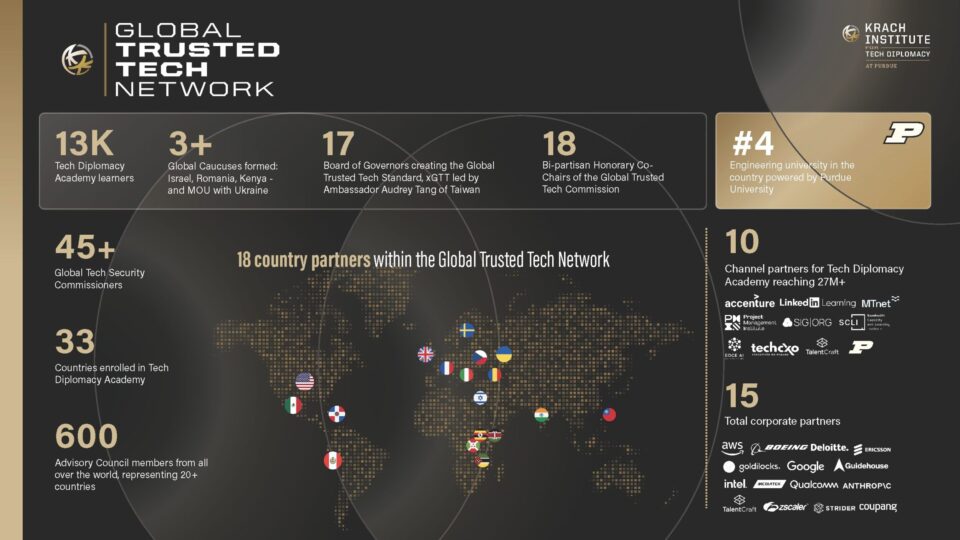Are U.S.-China Talks Accomplishing Anything?
05.28.24
Delegations from the U.S. and China met in Geneva to start a bilateral conversation on artificial intelligence, aimed at mitigating the global risks from advanced AI systems.

In the space of one week this month, China and the United States held two bilateral meetings of the kind that have been rare in recent years amid their escalating diplomatic conflict.
The first, on May 8 and 9, featured discussions on the energy transition, greenhouse gases, decarbonization, and a commitment to continue “technical and policy exchanges” on those issues.
The second meeting took place on May 14 and focused on a far more nascent and uncertain arena for U.S.-China cooperation. Delegations from both governments met in Geneva to start a bilateral conversation on artificial intelligence, aimed at mitigating the global risks from advanced AI systems.
Both countries seek to develop and dominate the technologies of the future, with AI chief among them, and are also looking to impose their respective values on the rules that govern those technologies.
“At the end of the day, it’s not about the meeting. It’s about advancing our strategic interests,” said Michelle Giuda, a former State Department official who is now the CEO of the Krach Institute for Tech Diplomacy at Purdue University. “The ultimate measure of success is whether we’re able to innovate faster, smarter, and better in AI so the U.S. and all of our trusted allies are the ones that are setting the norms and the standards for its regulation.”
Read the full article here.

